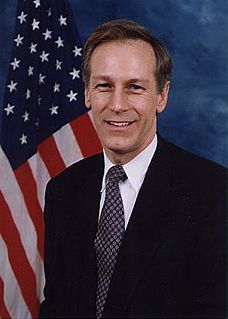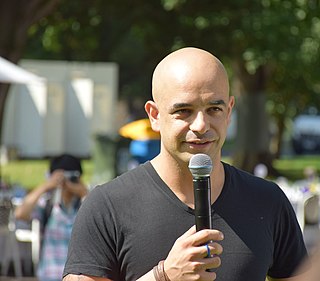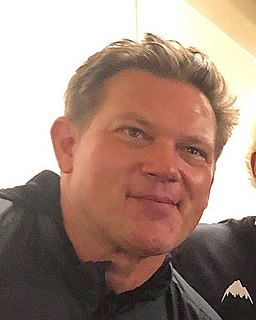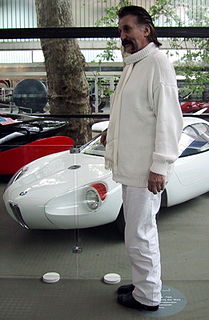A Quote by Joel Salatin
In my opinion, if there is one extremely legitimate use for petroleum besides running wood chippers and front-end loaders to handle compost, it's making plastic for season extension. It parks many of the trucks [for cross-country produce transportation]. With the trucks parked, greenhouses, tall tunnels, and more seasonal, localized eating, can we feed ourselves? We still have to answer that burning question.
Related Quotes
CO2 from air can replace petroleum: it can produce plastics and acetate, it can produce carbon fibers that replace metals and clean hydrocarbons, such as synthetic gasoline. We can use CO2 to desalinate water, enhance the production of vegetables and fruit in greenhouses, carbonate our beverages and produce biofertilizers that enhance the productivity of the soil without poisoning it. Carbon negative technology is absolutely needed now.
I think food trucks are the new answer to American fast food. The idea of raising two or three million dollars and going through red tape to open a restaurant, there's lots of barriers to success. There's a really easy jumping place for food trucks. It's very hip and acceptable for new chefs to open a food truck first.
1973 was the first gasoline crisis in the world. That year, I designed the first aerodynamic truck, eating 40 percent less fuel. I put it on exhibit everywhere. It was 30 years ahead of its time. Nobody is building it today, and everybody still has problems with their boxy cars and trucks eating up fuel.



































